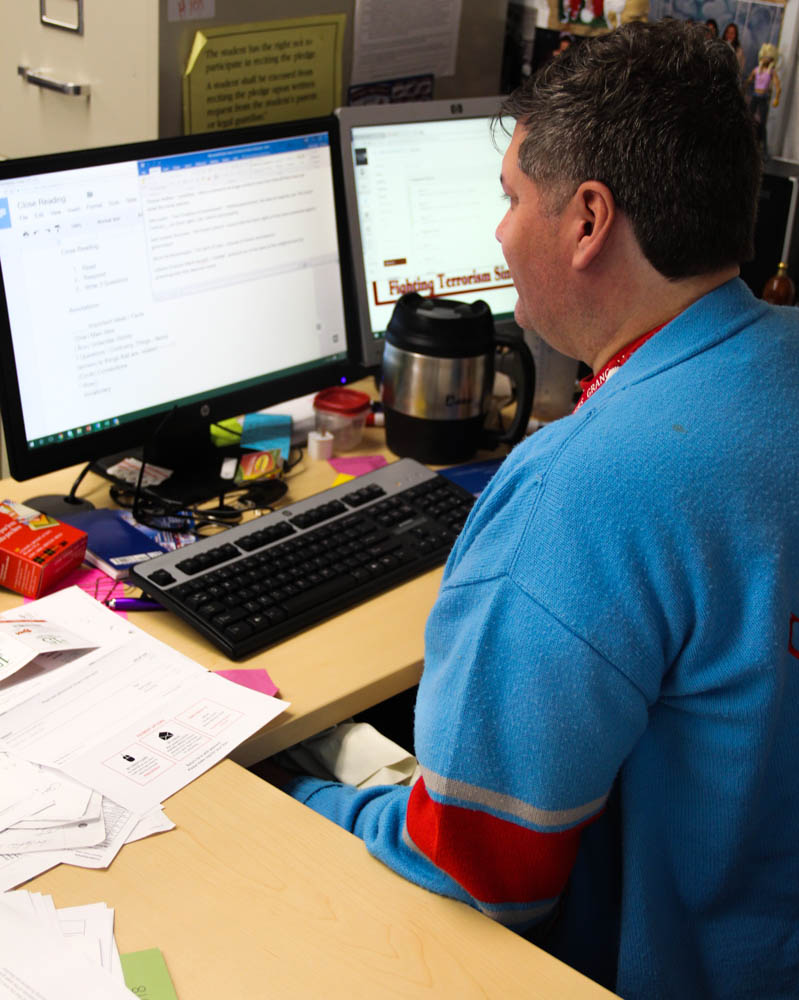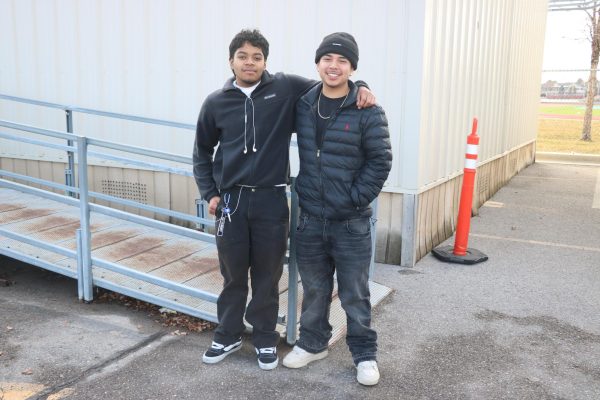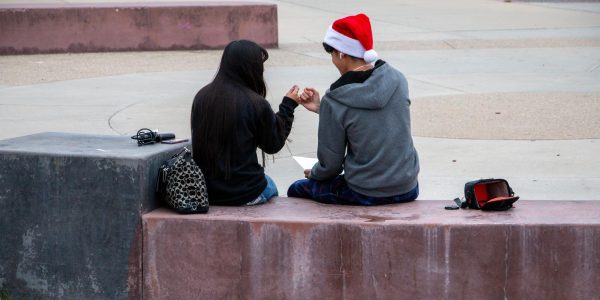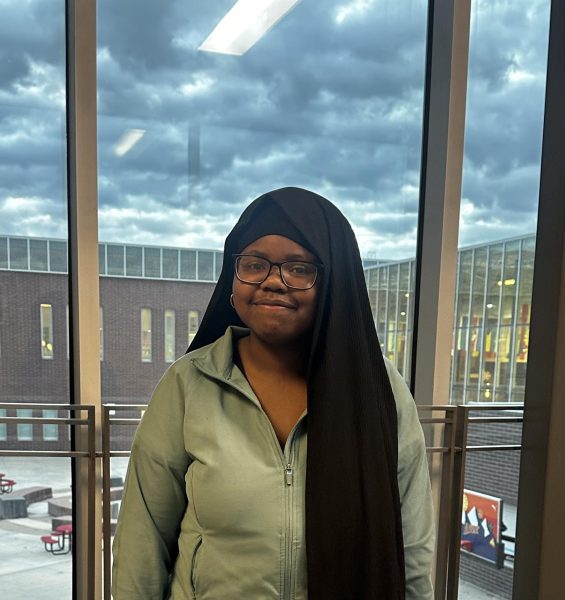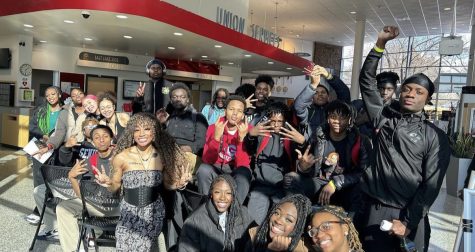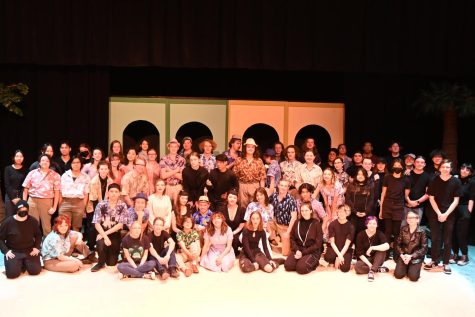Slow Wi-Fi enrages students and teachers
STUDENTS are outraged over the quality of Granger’s Wi-Fi. There have been many com- plaints that range from site block- ing to trouble printing papers. One would believe that with a relatively new building, the net- work would be set up well.
Some faculty members have been having major problems with the quality of the Wi-Fi. With the school
Wi-Fi playing a big part in the lessons, it’s no wonder for their annoyance.
“We’re asked to be more modern and quit doing old-fashioned things and stop lecturing. You know, when copy machines are down and you can’t access the internet and people can’t get their les, it’s challenging,” Mr. Fuller said.
Students need these lessons to properly learn the subject. With- out all the presentations, students have a harder time learning. These websites and videos keep the students intrigued and con- centrated on learning.
Not many students, or teach- ers, like listening to anyone talk for the entirety of a class period, and internet failures put teachers on the spot. “The school Wi-Fi sucks, I don’t like it, they need to x it,” Chentai Pham (12) said. A lot of students rely on the school Wi-Fi to complete their school work. When the Wi-Fi stops working on them, they’re not able keep up with their work- load, so they try to nd another resource. Many students stay in during lunch and stay after school just to get their work done, but without reliable connection, they can’t do it.
Another complaint from students is the blocking of their social media sites. The rst thing many students had a problem with this year was that they couldn’t get onto their Facebooks and Snapchats.
Most students believe that it is unfair. They also believe that it doesn’t help them focus better. “It just makes me more bored and want to fall asleep even more in class,” David Simon (12) said.
Students are mad and believe that it’s not fair that they are this restricted. “I need to have communication with my fellow class of cers, and the way we communicate is via Messenger,” Wilson Tran (12) said. He believes that it is unfair to even the student body because they can’t communicate with each other, even when they are at lunch or after school.
A lot of people are saying to just switch to LTE, but many stu- dents don’t have ac- cess to that. Even if they did, most of the area inside the school gets terrible recep- tion, so students rely on the Wi-Fi. Also, data costs money, extra sites on school
Wi-Fi does not. Obviously, the school needs to block some sites as they are inappropriate for students. However, social medias don’t usually allow stuff like that to be presented on their websites. What’s interesting is that the one of the social media sites they left unblocked, twitter, does allow this kind of stuff. Knowing that the administration uses Twitter, so there may be a bias here.
Blocking the social media sites won’t do much but make the stu- dent body less happy at school. It might stop the students from looking at it during class, but they will nd other ways to not pay at- tention.



